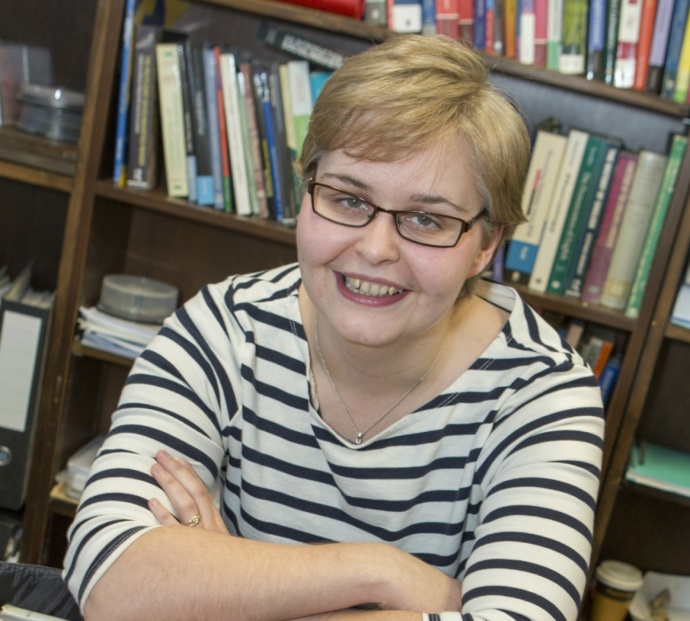Research
Published 26 January 2021Major new study into how New Zealand accent changes in childhood

Whether it’s the vowel shift or the rolled R, New Zealand’s accents provide a fascinating insight into the country’s history and culture
Original story by Lee Kenny published on 24 January 2021 in Stuff
Now a major new study aims to find out exactly how and when accents develop by tracking the speech patterns of 200 Christchurch preschoolers.
Spoken New Zealand English is different, when compared to 120 years ago, and it is thought children are key to accent change and the transition to school is a “key speech change incubator”.
Conversations with kindergarten children are being recorded every six months, for two years, to study literacy development and language acquisition, but researchers will also analyse accents and how they develop.
Changes in accent likely start at school age, as children talk more with their peers and less with parents and caregivers.
The investigation is a first of its kind and will be undertaken by two University of Canterbury (UC) research institutes – the New Zealand Institute of Language, Brain and Behaviour (NZILBB) and the Child Well-being Research Institute.
NZILBB linguist and senior lecturer Dr Lynn Clark said the aim was to “shed light on the speed and mechanism” of accent changes.
“They show (the children) a little video, and ask them what happened and I can use those elements of the data in my research because it gives you quite naturalistic speech,” she said.
“It's the accents I'm particularly interested in, not the words as such, but vowels and consonants. So how they sound when they talk.
“We know from lots of work that when kids acquire language, they mimic their parents and then at some point they begin to mimic their peer group. The point of the study is to capture that precise reorganisation of what happens.”
Clark, who is originally from Fife in Scotland, has mostly studied adult accents, but said this new project was motivated by her own children.
“My son, who is 7 ... people often comment about how Scottish he sounds. Whereas my daughter, who is 4, has never really sounded Scottish. Yet they were both born here.
“The more I dug into the literature, the more I realised there was quite a big gap in our knowledge.”
Even within families where New Zealand English was spoken, there would still be “generational differences”, she said.
“The difference will be less stark, but we expect that there will still be some differences.”
The Kiwi accent was one of the most variable accents in the world, she said.
Early recordings have meant linguists have been able to track the changes over the decades.
“Over the last 120 years every single vowel has changed its articulation, which I think is probably unheard of in any other accent.”
Words like trap, dress and kit said in a New Zealand accent, demonstrated the raised vowel shift, she said.
“These are quite widely known changes but when we looked into this, we discovered every single vowel has changed its place of articulation and it's still highly variable.”
It was not known what initially prompted the shifts, but the vowel changes were “interlinked”, she said.
“As the trap vowel raises to trep, it encroaches on the space of the dress vowel, so dress becomes driss.”
Another Kiwi accent change, is to pronounce the letter T like a D, meaning city becomes siddy.
The research will be supported by a $614,000 grant from the Royal Society’s Marsden Fund.
Additional information: NZ Stuff
RESEARCHER
Dr Lynn Clark
ORGANISATION
University of Canterbury
FUNDING SUPPORT
Marsden Fund
CONTRACT OR PROJECT ID
UOC2004: 'Understanding the onset of vernacular reorganisation'
